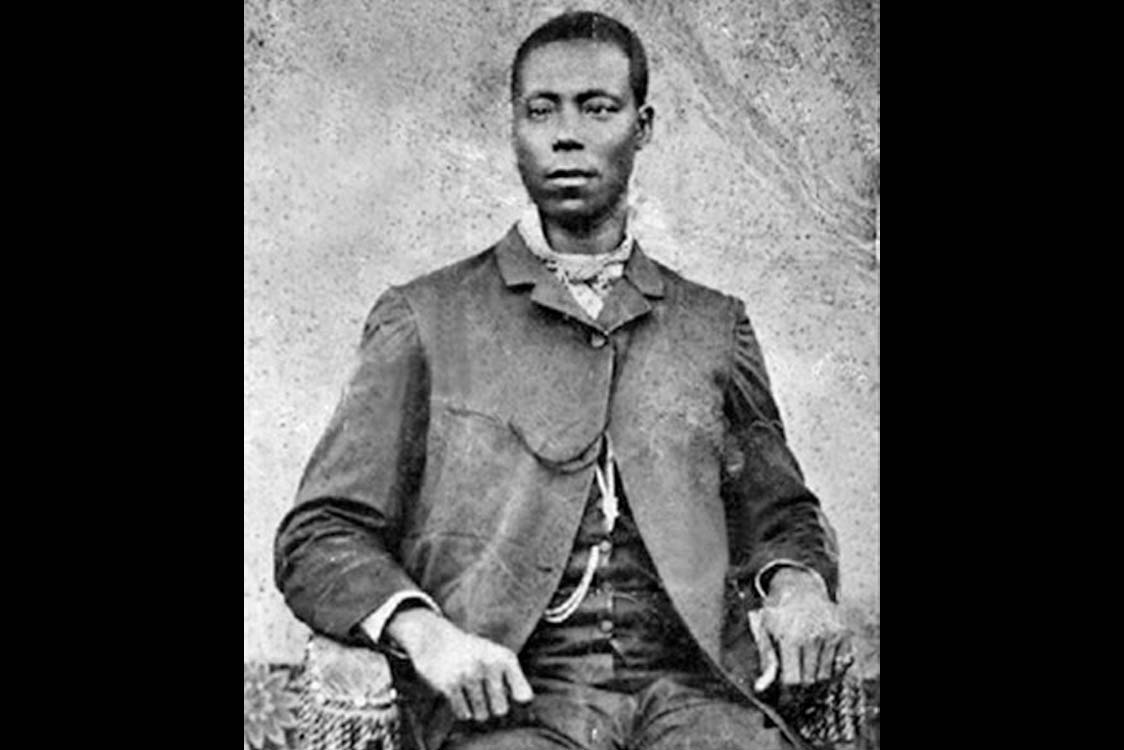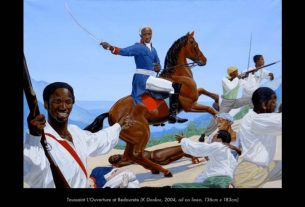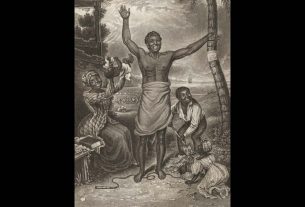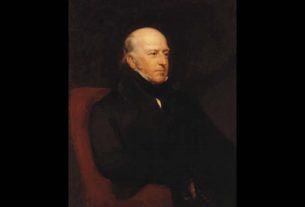This rebellion was the largest since 1831/32 in Jamaica. On October 11, 1865, hundreds of Africans, led by Paul Bogle (1820–1865), a native Baptist deacon, walked into the town of St Thomas in the east of Jamaica. The major problem was the injustice they suffered.
The people believed that they owned their provision grounds and that they should not have to pay high rents. In addition, there were repeated complaints about the low level of wages, often less than one shilling per day for plantation work. Governor Edward John Eyre declared martial law; he ordered British troops, including a battalion of the West India Regiment, to crush the rebellion. He also obtained the support of the Maroons. Paul Bogle was arrested and executed, while his ‘coloured’ friend and supporter George William Gordon (1820-1865), businessman, politician and a leading critic of the policies of Governor Eyre was arrested, tried and hanged on October 23, 1865. The rebellion resulted in the executions of over 400 Africans, the public flogging of about 600, and the burning of more than 1,000 dwellings. Eyre was relieved of his governorship and recalled to England. His actions sparked intense controversy among prominent British intellectuals led by John Stuart Mill and Charles Darwin who advocated his arrest and trial for murder. Thomas Carlyle, and Charles Dickens were among those who sided with Eyre. Eyre was not convicted of any crimes.




